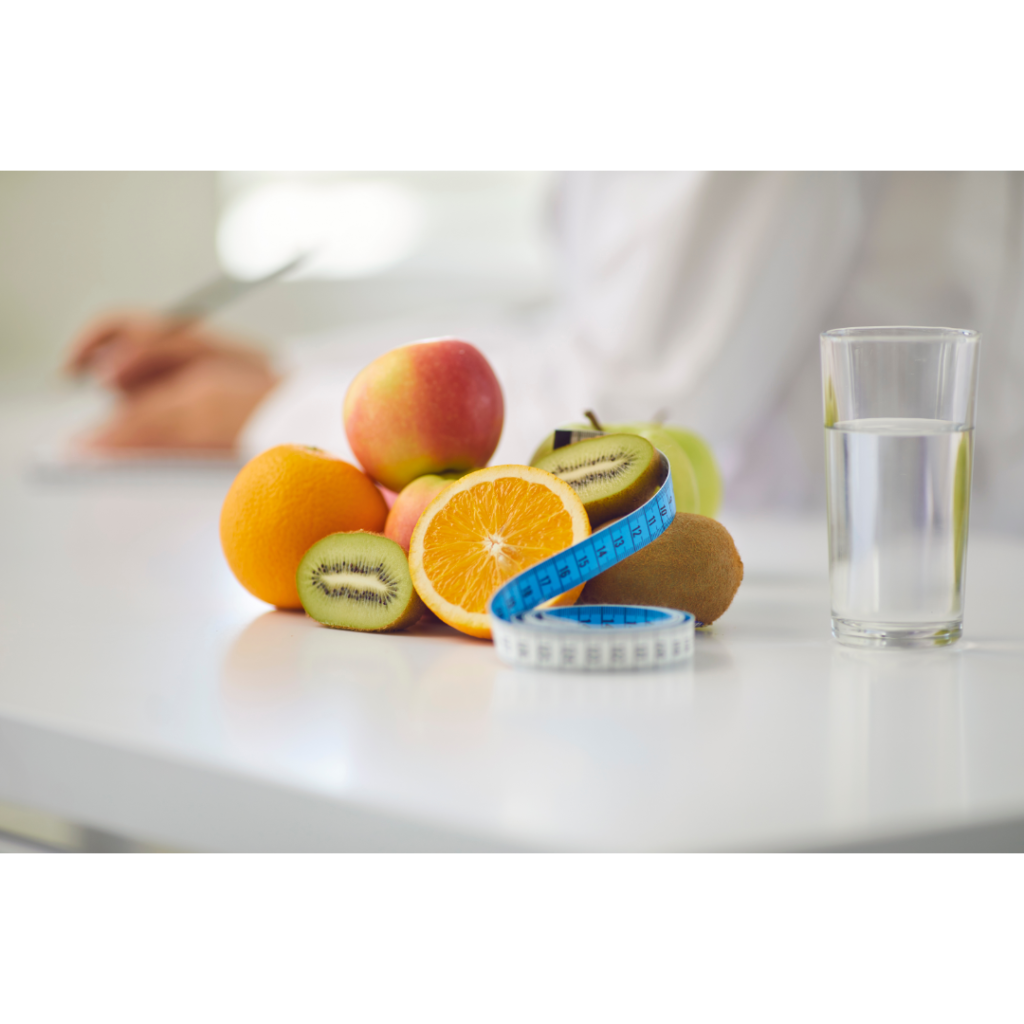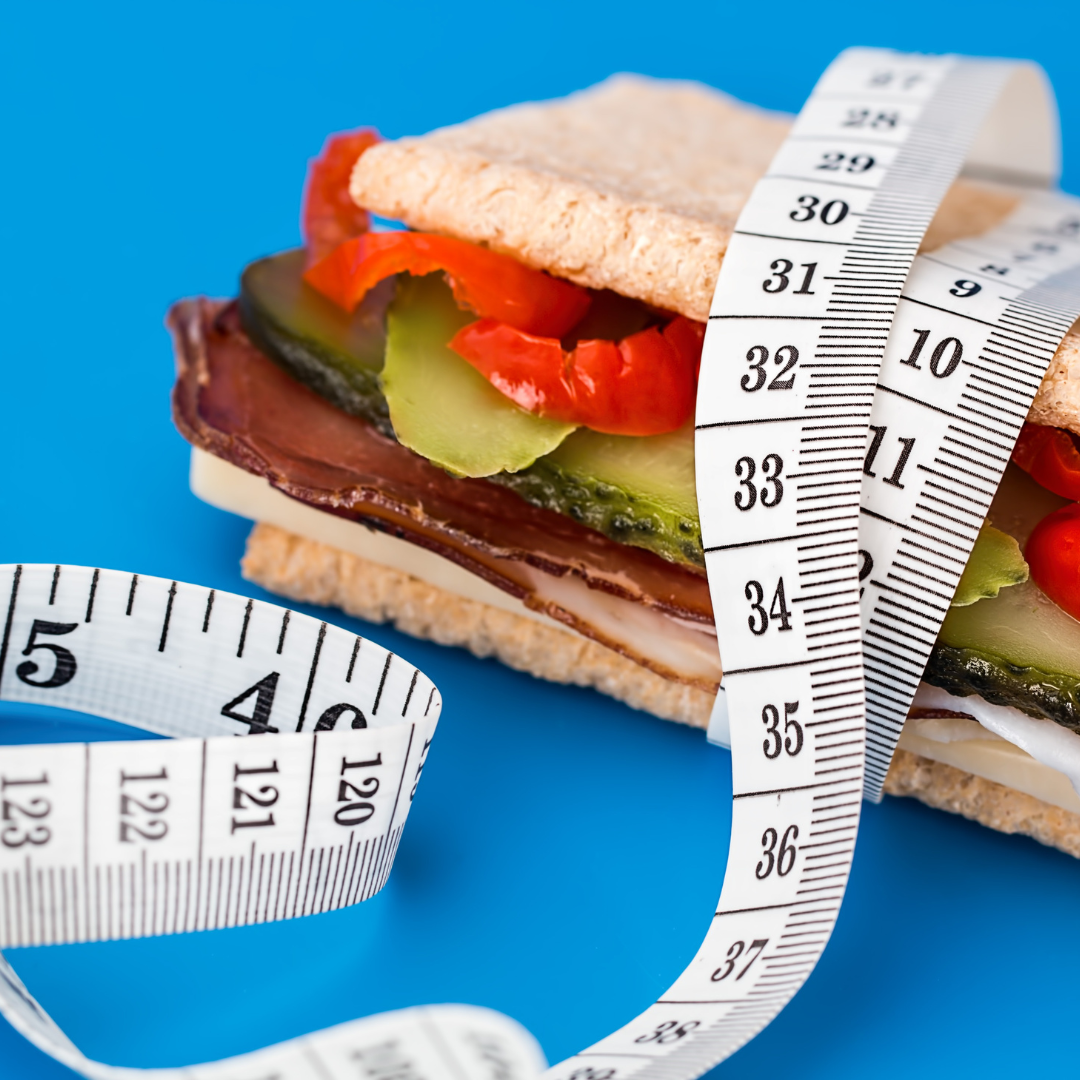Hey there, fitness enthusiasts! Today, I’m here to talk about something crucial if you’re looking to be fit and healthy: how to calculate maintenance calories. Whether you’re aiming to lose weight, gain muscle, or just maintain your current physique, knowing how many calories do I need is the first step. Let’s dive into it!
What Are Maintenance Calories?
Before I get into the nitty-gritty of calculations, let’s clarify what maintenance calories are. Simply put, maintenance calories are the number of calories you need to consume daily to maintain your current weight. This number takes into account your basal metabolic rate (BMR)—which is the energy your body needs at rest—and your activity level throughout the day.
Why Knowing Your Maintenance Calories is Important
Understanding and calculating your maintenance calories can significantly impact your fitness journey. Here’s why:
- Weight Management: If you consume more than your maintenance calories, you’ll gain weight. Eat less, and you’ll lose weight.
- Energy Levels: Consuming the right amount of calories ensures you have enough energy for workouts and daily activities.
- Nutritional Balance: Helps you plan a balanced diet that meets your body’s needs.
Now, let’s get to the part you’re really here for: how to calculate maintenance calories!

Step 1: Calculate Your Basal Metabolic Rate (BMR)
The first step in determining your maintenance calories is calculating your BMR. This number represents the calories your body needs just to perform basic functions like breathing and maintaining body temperature.
Here’s a simple formula to calculate BMR:
For Men:
text
BMR = 88.36 + (13.4 x weight in kg) + (4.8 x height in cm) - (5.7 x age in years)
For Women:
text
BMR = 447.6 + (9.25 x weight in kg) + (3.1 x height in cm) - (4.3 x age in years)
Example Calculation:
Let’s say I’m a 28-year-old woman weighing 60 kg and 165 cm tall.
text
BMR = 447.6 + (9.25 x 60) + (3.1 x 165) - (4.3 x 28)
BMR = 447.6 + 555 + 511.5 - 120.4
BMR ≈ 1393.7 calories/day
So, my BMR is approximately 1394 calories/day.
Step 2: Factor in Your Activity Level
Next, I need to adjust my BMR based on my activity level to calculate my maintenance calories. Here are the activity multipliers:
- Sedentary (little or no exercise): BMR x 1.2
- Lightly active (light exercise/sports 1-3 days/week): BMR x 1.375
- Moderately active (moderate exercise/sports 3-5 days/week): BMR x 1.55
- Very active (hard exercise/sports 6-7 days a week): BMR x 1.725
- Extra active (very hard exercise/sports & physical job): BMR x 1.9
- Also, read this: https://infobilli.com/transform-your-life-how-to-ditch-bad-habits-and-cultivate-a-healthy-lifestyle/
Example Calculation:
Let’s say I’m moderately active.
text
Maintenance Calories = BMR x 1.55
Maintenance Calories = 1394 x 1.55
Maintenance Calories ≈ 2160.7 calories/day
So, to maintain my current weight, I need to consume approximately 2161 calories per day.
Step 3: Adjust Based on Goals
Depending on your fitness goals, you might need to adjust your calorie intake:
- To Lose Weight: Aim for a calorie deficit by consuming fewer calories than your maintenance level. A common recommendation is to reduce your intake by 500 calories/day to lose about 1 pound per week.
- To Gain Weight: Aim for a calorie surplus by consuming more calories than your maintenance level. Adding 500 calories/day is a good starting point to gain about 1 pound per week.
Tips to Achieve Your Caloric Goals
- Track Your Intake: Use apps like MyFitnessPal to log your daily intake.
- Plan Meals: Pre-plan your meals to ensure you’re hitting your calorie target.
- Stay Consistent: Consistency is key. Stick to your calorie goals daily.
- Adjust as Needed: Regularly recalculate and adjust based on your progress and changes in weight or activity level.
Conclusion
Now you know how to calculate maintenance calories and understand how many calories do I need to maintain, lose, or gain weight. It’s a simple yet powerful tool that can guide you towards your fitness goals. Remember, everyone’s body is different, so find what works best for you. Happy calculating, and here’s to a fitter, healthier you!


